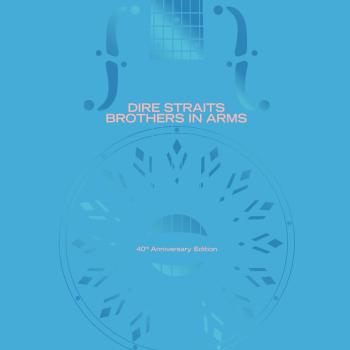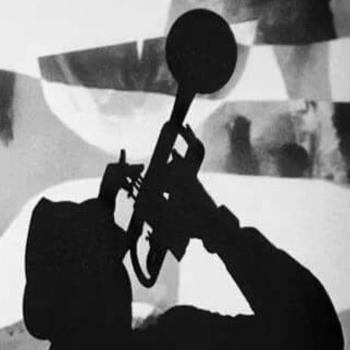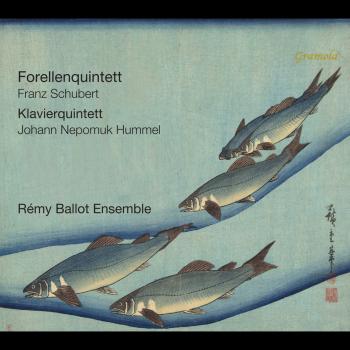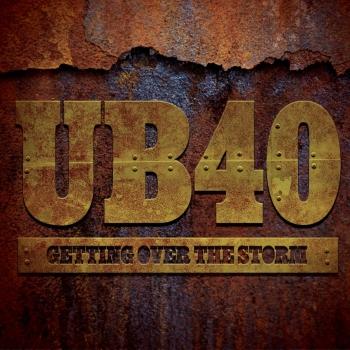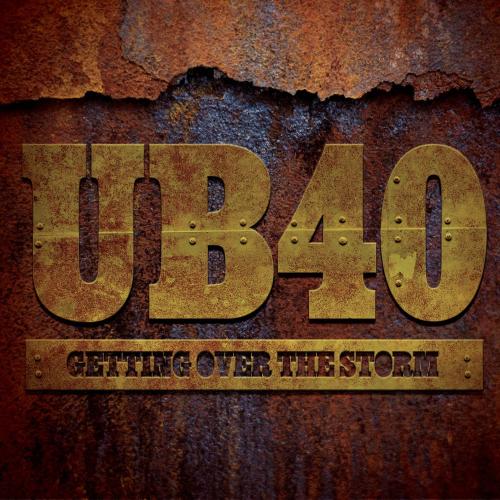
Getting Over The Storm UB40
Album info
Album-Release:
2013
HRA-Release:
19.08.2013
Album including Album cover
I`m sorry!
Dear HIGHRESAUDIO Visitor,
due to territorial constraints and also different releases dates in each country you currently can`t purchase this album. We are updating our release dates twice a week. So, please feel free to check from time-to-time, if the album is available for your country.
We suggest, that you bookmark the album and use our Short List function.
Thank you for your understanding and patience.
Yours sincerely, HIGHRESAUDIO
- 1 Midnight Rider 04:09
- 2 Just What’s Killing Me 04:38
- 3 Getting Over The Storm 03:27
- 4 Blue Bilet Doux 03:27
- 5 If You Ever Have Forever 04:25
- 6 Crying Time 03:15
- 7 How Will I Get Through This 04:11
- 8 He’ll Have To Go 04:18
- 9 Blue Eyes Crying In The Rain 03:26
- 10 I Did What I Did 03:14
- 11 On The Other Hand 03:51
- 12 How Can A Poor Man Stand Such Times And Live 04:44
- 13 I Didn’t Know 04:45
Info for Getting Over The Storm
Like many of UB40’s previous albums, the group’s original material is complimented by a smattering of cover versions and interpretations. Interestingly, amongst the five original UB40 songs, the covers recorded for ‘Getting Over The Storm’ were originally written and/or recorded by country music artists.
Knowing that country music is loved by Caribbean audiences, UB40’s sax player Brian Travers said, “We’ve all spent a lot of time in Jamaica, and country music is very much part of the fabric. It’s an honest music, just like reggae. The two genres really sit together well.”
UB40’s MC Astro adds, “In the Caribbean, there are very few households that do not own a Jim Reeves album. I certainly had them in my house, as did all my West Indian friends when I was growing-up. When you’d go their houses you’d always see Jim Reeves staring back at you from the Blue Spot Gramophone! Country music and Jamaica are so finely entwined.”
The genesis for the country covers dates back to 1990, when UB40 were recording the UK #6 single ‘I’ll Be Your Baby Tonight’ with their friend, the late Robert Palmer. Robin Campbell said, “Robert really wanted to record the Randy Travis song called ‘On The Other Hand’, so we recorded it together. However, we were unable to reach an agreement with Robert’s estate for use of his vocal on the track, so the version you hear on the album now features Duncan (Campbell) singing instead. Then the idea of covering some other country songs really intrigued us, so we started trawling through our favourite country albums and settled on songs such as George Jones’ ‘Getting Over The Storm’, Jim Reeves’ ‘He’ll Have To Go’, Willie Nelson’ ‘Blues Eyes Crying In The Rain’ and Vince Gill’s ‘If You Ever Have Forever In Mind’.”
“It’s not a country album, though.” states Robin. “It’s a UB40 album. It’s a reggae album. We’ve just covered some country tunes.”
As with all of UB40’s albums since 2005’s ‘Who You Fighting For’, all of the tracks were cut live in the studio. Robin Campbell: “We don’t use studios like we used to. It’s like a rehearsal set-up, where we sit in a circle and play together. It helps get the vibe right.”
When it came to overdubs, the band used top pedal steel guitar player Melvin Duffy, whose understanding of country music helped to bring the album to life. Brian Travers explains, “We gave Melvin free reign to play whatever he liked, and he did an incredible job. He’s a hugely intuitive musician.”
Formed in 1978, UB40’s have often been associated with politically charged lyrics, but that’s not the case with the lyrical themes found on ‘Getting Over The Storm’, with politics of the heart more to the fore. However, the album’s most political song is ‘How Can a Poor Man Stand Such Times and Live?’, the 1929 Great Depression song written by Blind Alfred Reed, and later popularised by Ry Cooder on his self-titled 1970 album. “We reworked the lyrics to update them a bit,” explains Robin “But that’s the only political lyric on the album. The rest are ‘somebody-done-somebody-wrong’ songs. We all know someone who’s had their heart broken.”
UB40’s lead singer Duncan Campbell, singing on his second full album with UB40 since replacing his brother Ali Campbell in 2008, comes into his own on ‘Getting Over The Storm’. Brian is quick to pay tribute to his bandmate, “Duncan’s been a singer all his life, but it’s been a really steep learning curve for him coming into the band and becoming a recording artist. His voice and his style of singing is really suited to the songs on ‘Getting Over The Storm’. He’s done a great job.”
Robin Campbell, guitar, vocals
Earl Falconer, bass
James Brown, drums
Norman Hassan, percussion, trombone, vocals
Tony Mullings, keyboards
Duncan Campbell, lead vocals
Brian Travers, saxophone
Astro, trumpet, vocals
UB40
The story of UB40, and how this group of young friends from Birmingham transcended their working-class origins to become the world’s most successful reggae band is not the stuff of fairytales as might be imagined. The group’s led a charmed life in many respects it’s true, but it’s been a long haul since the days they’d meet up in the bars and clubs around Moseley, and some of them had to scrape by on less than £8 a week unemployment benefit. The choice was simple if you’d left school early. You could either work in one of the local factories, like Robin Campbell did, or scuffle along aimlessly whilst waiting for something else to happen.
By the summer of 1978, something else did happen, and the nucleus of UB40 began rehearsing in a local basement. Robin’s younger brother Ali, Earl Falconer, Brian Travers and James Brown all knew each other from Moseley School of Art, whilst Norman Hassan had been a friend of Ali’s since school. Initially, they thought of themselves as a "jazz-dub-reggae" band, but by the time Robin was persuaded to join and they’d recruited Michael Virtue and Astro – who’d learnt his craft with Birmingham sound-system Duke Alloy – the group had already aligned themselves to left-wing political ideals and forged their own identity, separate from the many punk and Two Tone outfits around at that time. The group had nailed their colours to the mast by naming themselves after an unemployment benefit form. Their political convictions hadn’t been gleaned second hand either, but cemented in place whilst attending marches protesting against the National Front, or rallies organised by Rock Against Racism.
By the time Chrissie Hynde invited them to tour with the Pretenders during the summer of 1980 and their debut single "King b/w Food For Thought" had sailed into the UK Top 5, all the essential elements of UB40 were already in place. Their line-up will remain unchanged for almost thirty years, and they will continue playing a mix of original material and inspired choice of reggae covers in a style that’s instantly accessible with its bright melodies and sweeping horn arrangements – one that’s allied to a formidable rhythm section, capable of holding its own with anything from Jamaica.
UB40’s first album was released the following September, on Graduate Records. Their deal allowed them more creative freedom than if they had signed with a major label. The cover artwork memorably duplicated an unemployment benefit card, with the title "Signing Off" rubber-stamped in red, but it was the music that quickly worked its way into the affections of a young, mainly student crowd with its knowing lyrics, solid reggae rhythms and dubby, instrumental passages, offset by warm horn solos and Jamaican style scatting. There was nothing else like it at the time. As a multi-cultural band from Birmingham, UB40 weren’t drawn into trying to sound "authentic," and there was considerably more depth to their music than that of many punk and 2Tone bands. "I’m a British subject, not proud of it, whilst I carry the burden of shame," they sang on one of the tracks. Accepting the truth of their own situation amidst a sea of other reggae songs proclaiming black heritage gave us a valuable insight into where UB40 were coming from. They were unafraid to stand up and be counted, and British audiences instinctively loved them for it. "Signing Off" duly went to No. 2 in the UK and stayed on the nation’s album charts for 72 weeks.
At the end of 1980, the contract with Graduate expired and UB40 formed their own record company, DEP International, with all eight members owning an equal share. They also signed a licensing deal with CBS, which ensured them far better distribution. "Signing Off" was still in the charts when they released their second album "Present Arms" in the summer of 1981. The sound was immediately brighter, harder and more professional, yet the spirit and commitment underpinning the band’s songs remained resolutely unchanged, as heard on "One In Ten," written about the UK’s record number of unemployed. With lyrics like "Nobody knows me, but I’m always there. A statistical reminder of a world that doesn’t care," "One In Ten" became an anthem of the British protest movement, and a genuine counterpart to the equally motivated songs being written by the likes of Bob Marley and Peter Tosh in the Caribbean. "One In Ten" will earn the rare distinction of being "versioned" by Jamaican reggae acts in future. Back in 1981, it formed part of the soundtrack accompanying the race riots erupting in places like Brixton, Handsworth and St. Paul’s in Bristol – hard pressed, inner city areas with large immigrant communities that had found themselves on the frontline in resisting the right wing policies of Margaret Thatcher’s government. More information, please visit: www.ub40.co.uk
This album contains no booklet.



